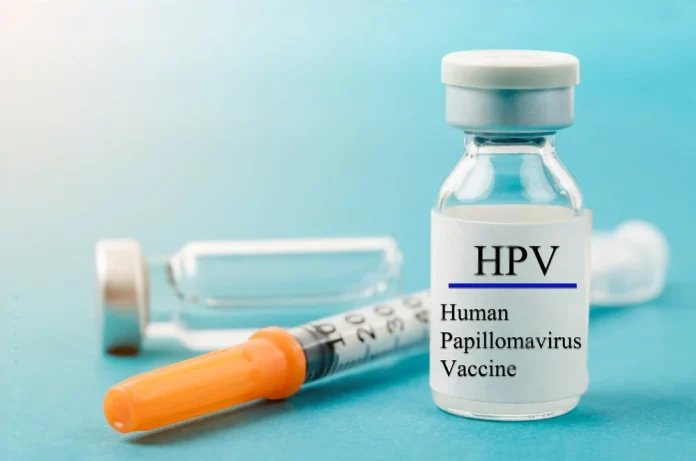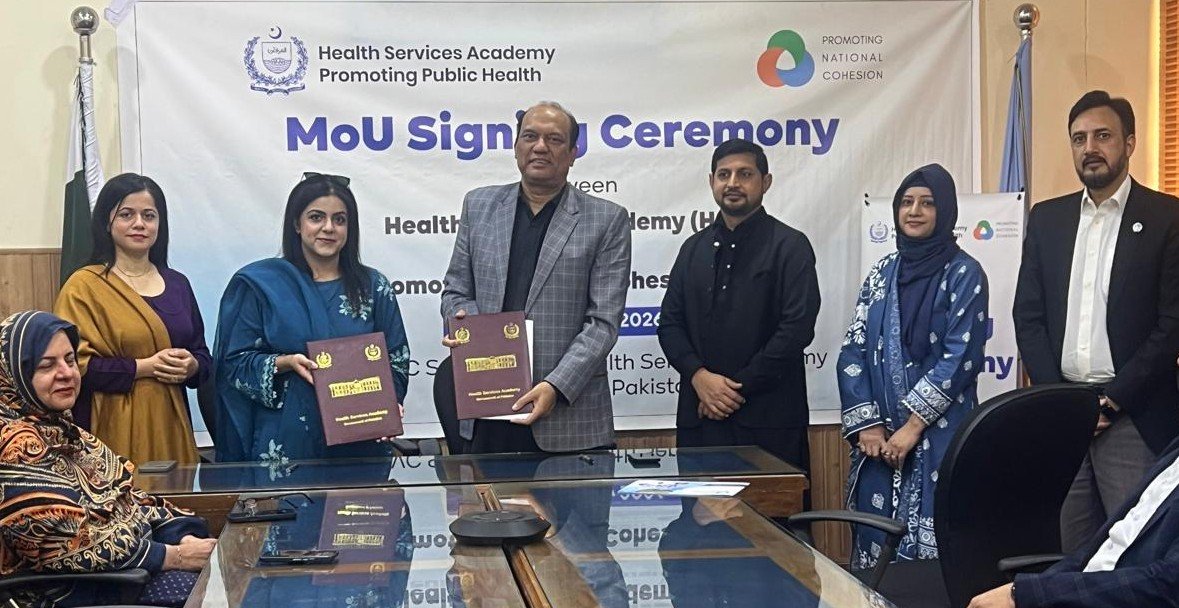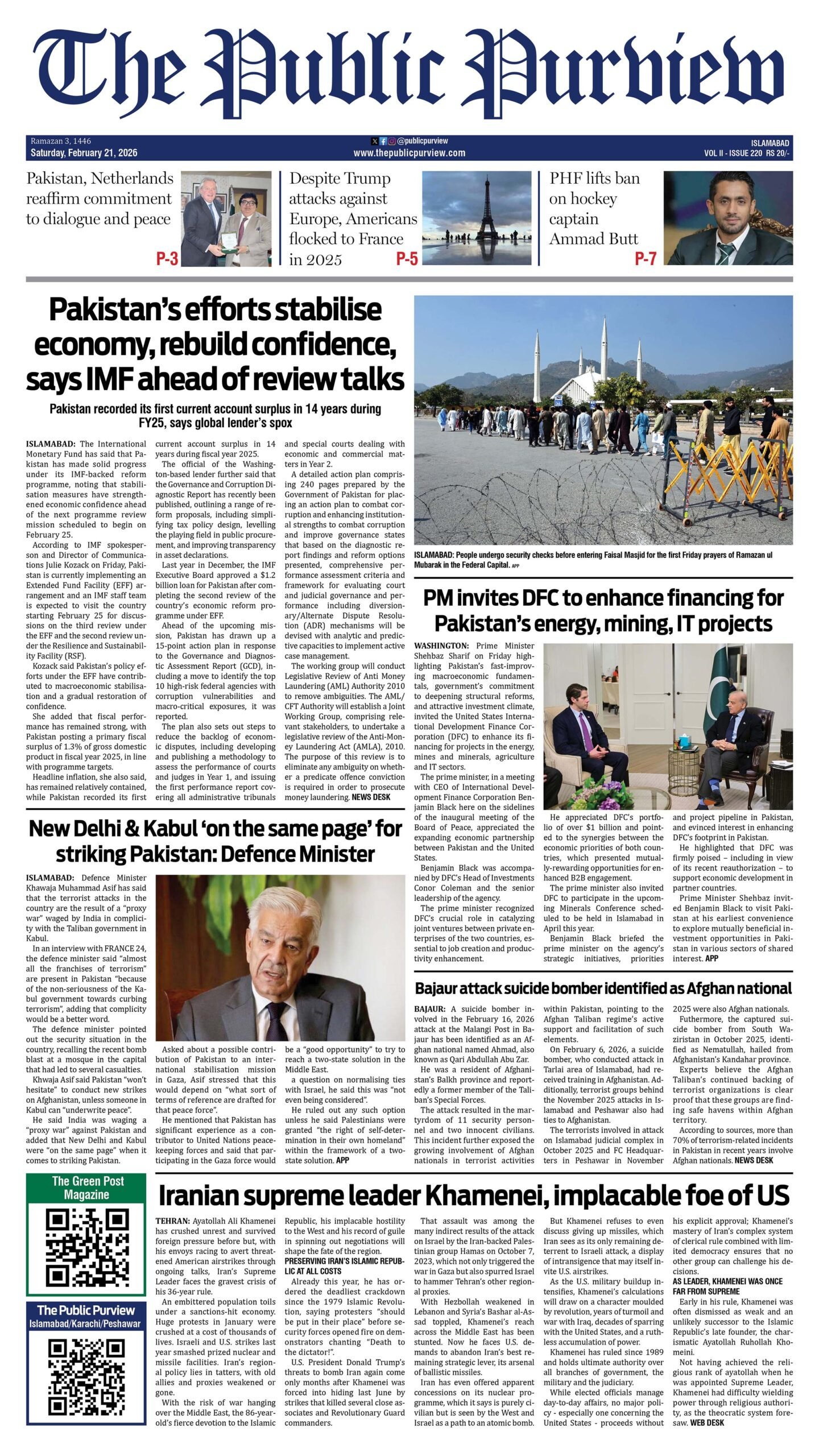Cervical cancer in Pakistan is turning into a major health crisis. Each year, more than 5,000 women receive a diagnosis, and over 3,000 die from the disease. To confront this growing challenge, Pakistan, in partnership with international health organizations, will launch its first nationwide HPV vaccination campaign in September 2025. The initiative marks a critical step toward protecting millions of girls from the virus.
An estimated 68.6 million women aged 15 and above remain at risk of developing cervical cancer in Pakistan. Among women, the disease ranks as the third most common cancer overall and the second most prevalent in the 15–44 age group. Despite these alarming figures, awareness about cervical cancer stays low. Cultural stigma surrounding reproductive health prevents many women from seeking timely screening and treatment. As a result, thousands receive diagnoses in advanced stages, leaving little chance for recovery.
HPV Vaccination to Curb Cervical Cancer in Pakistan
The Human Papillomavirus (HPV) causes most cervical cancer cases. In Pakistan, nearly 0.5% of women carry HPV types 16 or 18, which account for almost 88% of invasive cases. To counter this, the government will launch the campaign in Sindh first, targeting 4.1 million girls aged 9 to 14. Authorities plan to start routine vaccination in January 2026 and expand it gradually to Punjab, Islamabad, Azad Kashmir, Khyber Pakhtunkhwa, Balochistan, and Gilgit-Baltistan by 2027.
High Mortality From Delayed Detection
Cervical cancer often turns fatal in Pakistan because doctors detect it too late. Mortality rates currently range from 60% to 85%, much higher than in countries with strong screening programs. For decades, Pakistan lacked a national strategy for prevention. Screening remained inconsistent and rarely reached rural areas. Many facilities had no trained staff or laboratories for tests, making early detection nearly impossible. Social taboos around reproductive health deepened the problem, discouraging women from accessing the few services available.
H2: Health Workers Leading the Fight Against Cervical Cancer in Pakistan
The vaccination campaign will also focus on awareness. Almost 49,000 health workers are receiving training to educate families about cervical cancer. They will explain the importance of HPV vaccination, encourage parents to vaccinate daughters, and assist in administering vaccines in both rural and urban areas.
Experts warn, however, that vaccination alone will not solve the crisis. Regular Pap smears, HPV tests, affordable diagnostic services, and stronger cancer registries remain critical. Without these measures, underserved communities will continue to face preventable deaths.
Breaking Silence Around Women’s Health
Cervical cancer stands out as one of the few cancers that health systems can prevent with vaccines and detect early through simple screening. In Pakistan, though, silence, stigma, and health inequities block progress. Advocates argue that breaking this silence is essential. Awareness campaigns, community outreach, and integration of cancer prevention into existing healthcare systems can shift public attitudes and save thousands of lives.
Public health officials stress that every preventable death represents a family in pain, not just a number in statistics. They argue that vaccination, awareness, and affordable screening can change the future. But they also warn that the window of opportunity is shrinking. Without urgent action, cases and deaths will climb even higher in the next decade.
Cervical cancer in Pakistan is a growing concern. Yet the HPV vaccination drive offers hope. It signals a shift from neglect toward prevention, giving women, families, and communities a chance at a healthier future.







 Today's E-Paper
Today's E-Paper